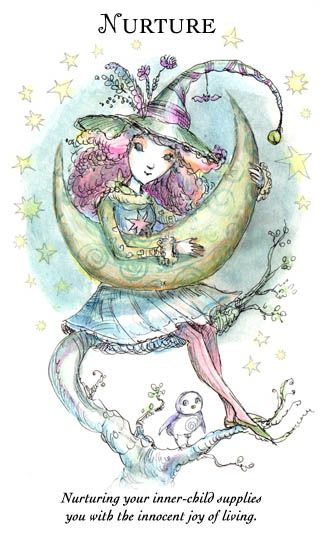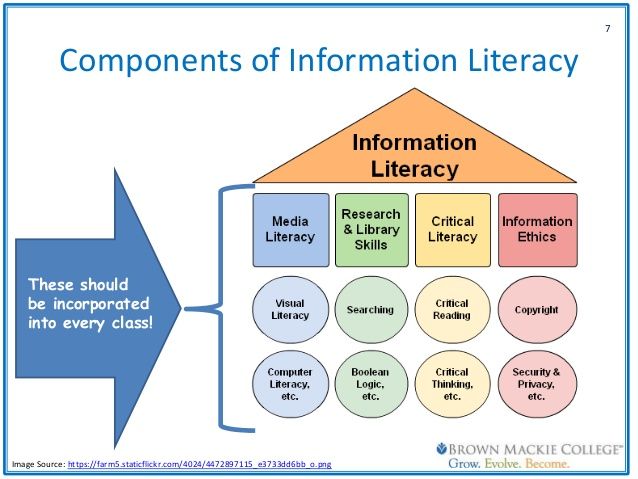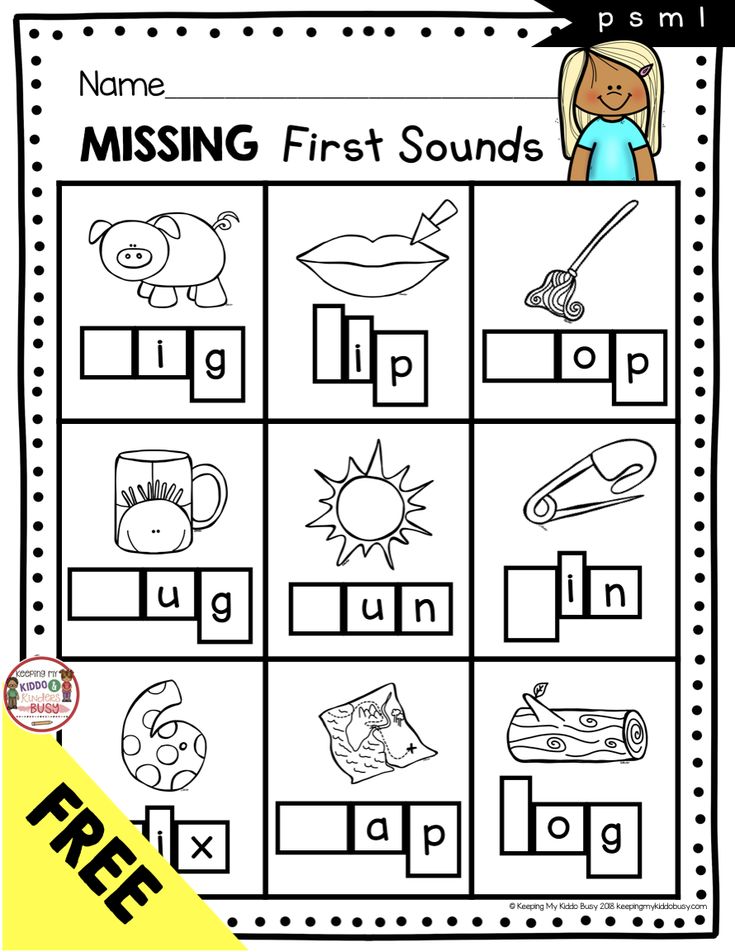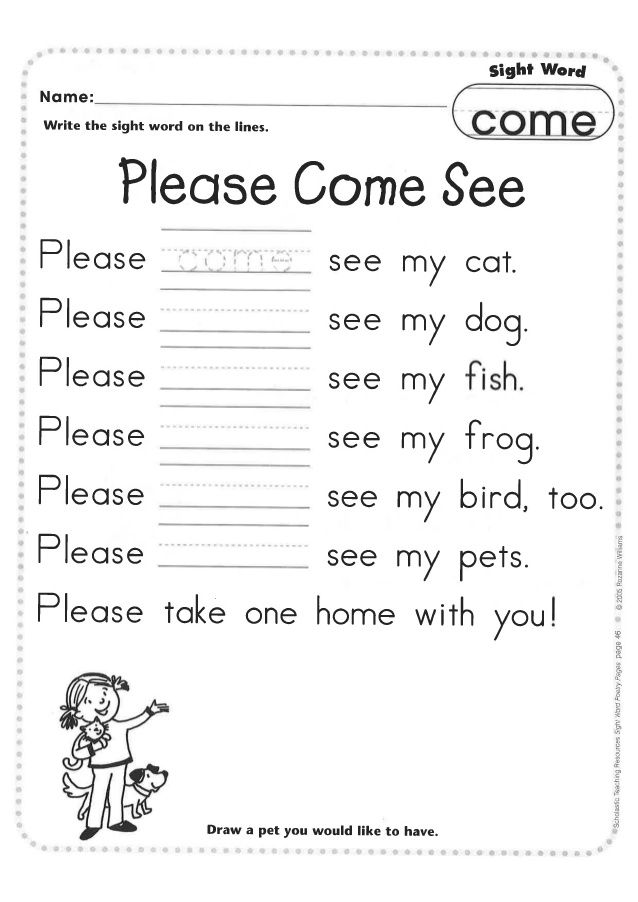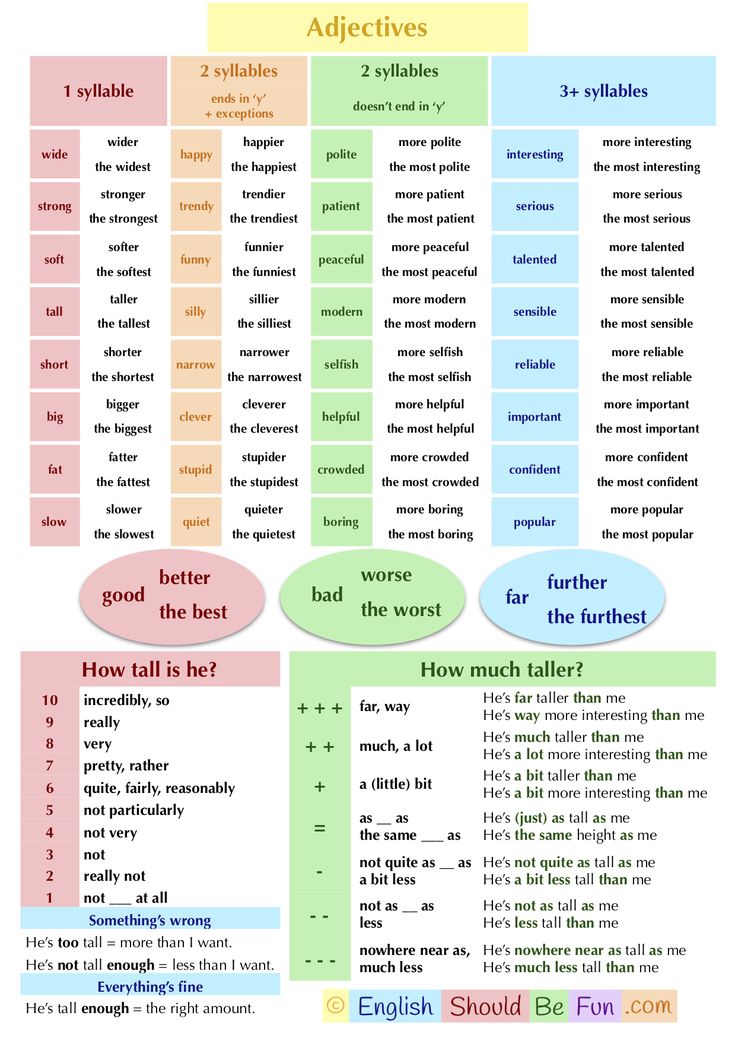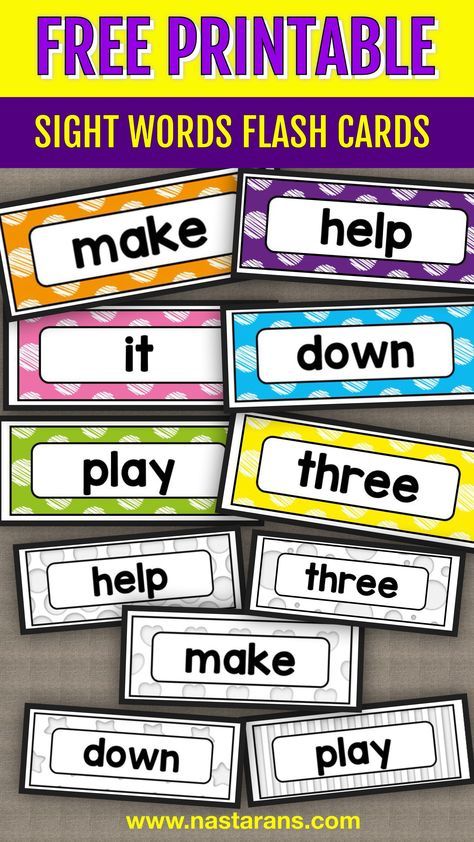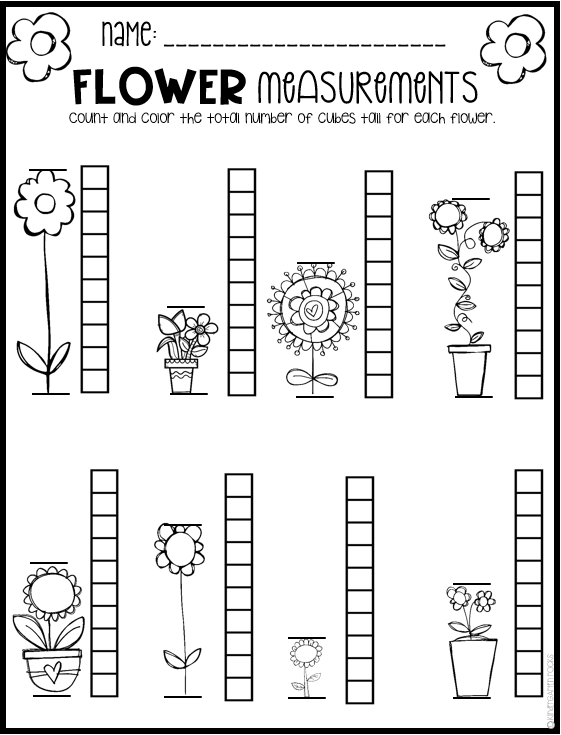Nurture your child
10 Ways to Nurture Your Child
Some kids seem to be born with more self-esteem than others, but there's a lot you can do to promote your child's emotional well-being — a stronger sense of self can make your child more emotionally resilient when problems come his way.
By Everyday Health Editors
Reviewed:
Fact-Checked
Providing for your child's physical needs (food, shelter, clothing) is a fairly straightforward matter. Trying to provide for your child's emotional needs can be trickier. Although there are many parenting styles, most experts agree on some general guidelines for nurturing a child's emotional health and laying the ground work for an emotionally healthy adulthood.
- Be aware of stages in child development so you don't expect too much or too little from your child.
- Encourage your child to express his or her feelings; respect those feelings. Let your child know that everyone experiences pain, fear, anger, and anxiety.
Try to learn the source of these feelings. Help your child express anger positively, without resorting to violence.
- Promote mutual respect and trust. Keep your voice level down — even when you don't agree. Keep communication channels open.
- Listen to your child. Use words and examples your child can understand. Encourage questions. Provide comfort and assurance. Be honest. Focus on the positives. Express your willingness to talk about any subject.
- Look at your own problem-solving and coping skills. Are you setting a good example? Seek help if you are overwhelmed by your child's feelings or behaviors, or if you are unable to control your own frustration or anger.
- Encourage your child's talents and accept limitations. Set goals based on the child's abilities and interests — not someone else's expectations. Celebrate accomplishments. Don't compare your child's abilities to those of other children; appreciate the uniqueness of your child. Spend time regularly with your child.
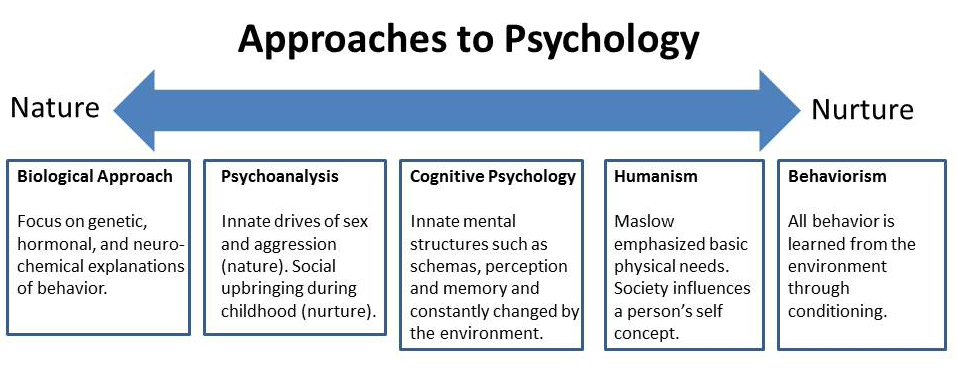
- Foster your child's independence and self-worth. Help your child deal with life's ups and downs. Show confidence in your child's ability to handle problems and tackle new experiences.
- Discipline constructively, fairly, and consistently. Use discipline as a form of teaching, not physical punishment. All children and families are different; learn what is effective for your child. Show approval for positive behaviors. Help your child learn from his or her mistakes.
- Love unconditionally. Teach the value of apologies, cooperation, patience, forgiveness, and consideration for others.
- Do not expect to be perfect; parenting is a difficult job.
By subscribing you agree to the Terms of Use and Privacy Policy.
What Is Treatment-Resistant Depression? Symptoms, Causes, Treatments, and More
By Julie Lynn Marks6 Common Pitfalls That Make Major Depressive Disorder Worse
Blaming yourself for having depression can make life with the condition much harder, experts warn. Here’s what to do instead to help yourself feel better...
Here’s what to do instead to help yourself feel better...
By Julia Métraux
13 Surprising Facts About Major Depressive Disorder
Major depressive disorder (aka 'depression') is a complex medical illness that can impact the way you think, feel, and engage in daily activities. Here...
By Madeline R. Vann, MPH
5 Ways to Cope With Seasonal Depression During the Holidays
Heightened pressure to socialize, combined with colder weather and darker days, can spell trouble for people with seasonal affective disorder, also known...
By Julia Métraux
Why Race Matters If You Have Major Depressive Disorder
Millions in the United States have major depression, but the difficulty overcoming it can be higher for people of color, research shows.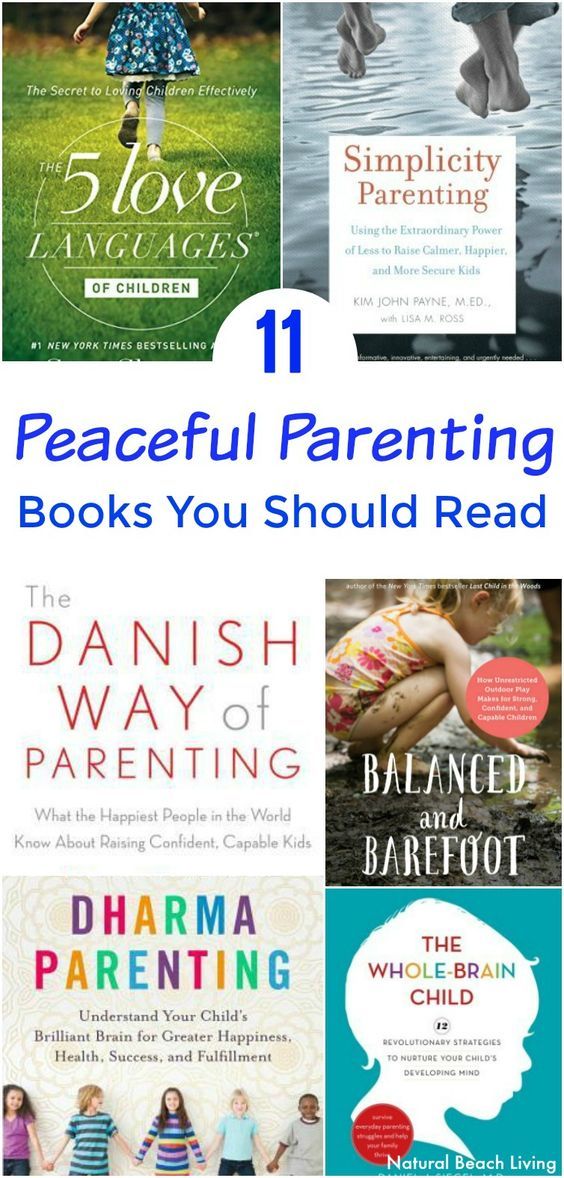
By Julie Lynn Marks
Are You Simply Sad or Do You Have Major Depressive Disorder?
By Nuna Alberts, LCSWDepression Treatment: The Options
Psychotherapy and medication can help alleviate various forms of depression, from mild to severe.
By Joseph Bennington-Castro
Depression Medication: Which One Is Right for You?
Different classes of antidepressants can help treat depression by acting on mood-regulating brain chemicals.
By Joseph Bennington-Castro
Detecting and Diagnosing Depression: It Can Look Different in Men and Women and in Teenagers, Too
Although men, women, and teens may experience the same depression symptoms, the illness may also have different symptoms in each of these groups.
By Joseph Bennington-Castro
Nurturing: A critical life skill for parents and caregivers
Gail Innis, Michigan State University Extension -
Increase the health and wellbeing of children by improving your nurturing skills.
Children who are nurtured learn to treat themselves, others and their environment in a nurturing way. Photo credit: Pixabay.The National Resource Center for Community-Based Child Abuse Prevention has identified five protective factors that affect the well-being of children and families. Nurturing is listed as one of the protective factors and when present, it can increase the health and well-being of children and families.
The Merriam-Webster Dictionary defines the word nurture as “training or upbringing,” “something that nourishes. ” The word nurture comes from the Latin word “nutritura” which means to nurse, nourish and to promote growth. Words that have a similar meaning to the word nurture include encourage, incubate, further and promote. All human beings need to be nurtured and nurturing needs to begin before birth and continue throughout life.
” The word nurture comes from the Latin word “nutritura” which means to nurse, nourish and to promote growth. Words that have a similar meaning to the word nurture include encourage, incubate, further and promote. All human beings need to be nurtured and nurturing needs to begin before birth and continue throughout life.
There are many ways that adults nurture. Four intentional ways that a parent or caregiver can nurture children include:
- Practice empathy - Empathy requires that you observe another’s actions, recognize the related feeling that they are having and then vocalize it in a way that shows that you understand. Psychologist Alfred Adler explained it this way; Empathy is "seeing with the eyes of another, listening with the ears of another and feeling with the heart of another." This can be difficult if you have not experienced empathy yourself. Begin by observing a feeling in a child, give the feeling a name and then using the name of the feeling in a “you” message.
 “You must be frustrated at not being able to fit the puzzle piece in that spot.” “You probably wish that your friends would have stood up for you.” “You are angry because Joey took your toy and broke it.”
“You must be frustrated at not being able to fit the puzzle piece in that spot.” “You probably wish that your friends would have stood up for you.” “You are angry because Joey took your toy and broke it.” - Establish routines - Children need schedules and depend on adults in their life to provide structure for them. You can nurture your child by providing regular meal, play, study and bedtime routines. By providing a schedule your child learns predictability through repetition, security through knowing what will happen next and some control over their environment. A regular routine enables children to reduce anxiety by knowing what is coming next.
- Use positive touch - We all have a need for human touch. A positive touch is a hug, pat, gentle tickle or soft nudge. Regular warm and gentle touches can help children develop a healthy sense of self and can contribute to positive brain development. Positive touch can assist a child with regaining control when they are being redirected after misbehavior.
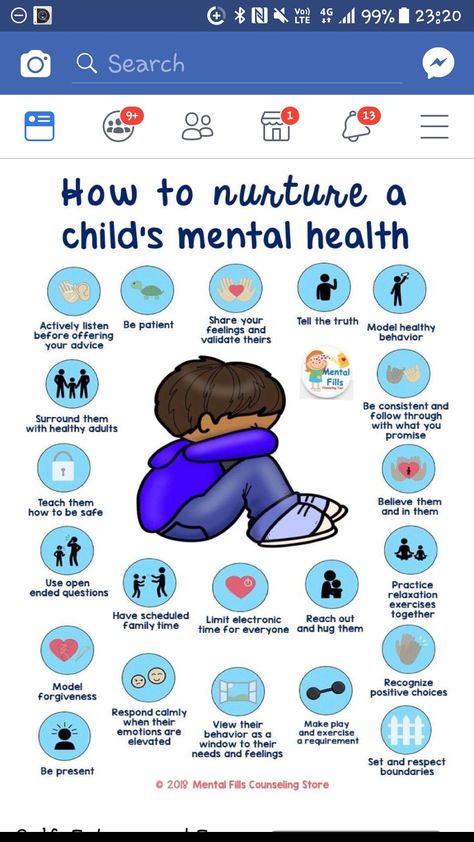 A recent study by Michigan State University’s Kathy Stansbury showed that “positive touch caused children to comply more often, more quickly and with less fussing than negative touch or physical punishment.”
A recent study by Michigan State University’s Kathy Stansbury showed that “positive touch caused children to comply more often, more quickly and with less fussing than negative touch or physical punishment.” - Keep children safe from harm - Children who are small need to feel safe in their own homes, childcare, in their communities and in the larger world around them. Provide limits for the children in your life by providing a safe environment. Choose child care providers carefully. Use car seats, baby gates and other approved equipment for very young children. Explore outdoor play areas for potential hazards and have rules for inside play that allow for learning while restricting unacceptable activities for toddlers and preschoolers. Talk about potential dangers without frightening children. Family friendly information is available from Safe Kids, an organization that is dedicated to providing parents and caregivers with practical resources to protect children from injuries.
Parenting and caregiving can be a stressful job that takes time and sacrifice. It is important to set an example of nurturing for children by nurturing yourself. Set aside time to do something just for you. When adults nurture themselves by having their own needs met, they are more able to meet the needs of their children. The four suggestions stated above also apply to nurturing yourself; recognize and name your feelings, stick to a schedule, give and receive gentle touch and protect yourself from things that could harm you.
It is important to set an example of nurturing for children by nurturing yourself. Set aside time to do something just for you. When adults nurture themselves by having their own needs met, they are more able to meet the needs of their children. The four suggestions stated above also apply to nurturing yourself; recognize and name your feelings, stick to a schedule, give and receive gentle touch and protect yourself from things that could harm you.
Nurturing does not come naturally to all adults and nurturing practices can be learned. Children who are nurtured learn to treat themselves, others and their environment in a nurturing way. Michigan State University Extension offers programs and events that can assist in learning new nurturing skills or improving on those you already have.
For more articles on family and relationships, please visit the Michigan State University Extension website.
This article was published by Michigan State University Extension. For more information, visit https://extension.msu.edu. To have a digest of information delivered straight to your email inbox, visit https://extension.msu.edu/newsletters. To contact an expert in your area, visit https://extension.msu.edu/experts, or call 888-MSUE4MI (888-678-3464).
For more information, visit https://extension.msu.edu. To have a digest of information delivered straight to your email inbox, visit https://extension.msu.edu/newsletters. To contact an expert in your area, visit https://extension.msu.edu/experts, or call 888-MSUE4MI (888-678-3464).
Did you find this article useful?
Raising children right
Janusz Korczak Ten Commandments for Parents
1. Don't expect your child to be like you or the way you want. Help him become not you, but himself.
2. Do not ask your child to pay for everything you have done for him. You gave him life, how can he thank you? He will give life to another, that to a third, and this is an irreversible law of gratitude. nine0005
3. Do not take out your grievances on the child, so that in old age you do not eat bitter bread. For what you sow, that will come up.
4. Don't look down on his problems. Life is given to everyone according to their strength and, be sure, it is no less difficult for him than for you, and maybe more, because he has no experience.
5. Do not humiliate!
6. Do not forget that the most important meetings of a person are his meetings with children. Pay more attention to them - we can never know who we meet in a child. nine0005
7. Don't beat yourself up if you can't do something for your child. Torture if you can - but you don't. Remember, not enough is done for a child if everything is not done.
8. A child is not a tyrant, it is a person who, like everyone else, needs attention and love.
9. Know how to love someone else's child. Never do to someone else what you would not like to be done to yours.
10. Love your child in any way - untalented, unlucky, adult. Communicating with him - rejoice, because the child is a holiday that is still with you.
10 parenting mistakes everyone has ever made...
All parents raise their children to the best of their ability and understanding of life and rarely think about why in certain situations they act this way and not otherwise. However, every mother has moments in her life when the behavior of her beloved child is baffling. Or maybe the adults themselves, using radical methods of education, do something that makes them ashamed later. You are not alone in your mistakes, all parents make them from time to time. But it's always better to learn from someone else's mistakes, isn't it? nine0005
However, every mother has moments in her life when the behavior of her beloved child is baffling. Or maybe the adults themselves, using radical methods of education, do something that makes them ashamed later. You are not alone in your mistakes, all parents make them from time to time. But it's always better to learn from someone else's mistakes, isn't it? nine0005
Error one - a promise not to love anymore
"If you don't be the way I want, I won't love you anymore"
Parents' opinion:
Why do children so often argue about any of our requests? Maybe they are doing it to spite us, what to do? Call for common sense? Yes, they just do not hear what adults tell them. Threaten? It doesn't work anymore. In such cases, many use a kind of trump card: "Now mommy will no longer love you." How often do many of us say this phrase. nine0005
Psychologists' opinion:
The promise to never love your baby again is one of the most powerful means of parenting. However, this threat is usually not carried out. And children perfectly feel falseness. Having once deceived, you can lose the trust of the child for a long time - the baby will perceive you as deceitful people.
However, this threat is usually not carried out. And children perfectly feel falseness. Having once deceived, you can lose the trust of the child for a long time - the baby will perceive you as deceitful people.
It is much better to say this: "I will still love you, but I do not approve of your behavior."
nine0005
Second error - indifference
"Do what you want, I don't care"
Parents' opinion:
Why stress? Arguing, looking for arguments, proving something to the baby, getting nervous? The child must learn to solve his own problems. And in general, the child must be prepared for adulthood, let him soon become independent. And leave us alone.
nine0075 Psychologists' opinion:
Never show your child that you don't care what he does. The baby, sensing your indifference, will immediately begin to check how "real" it is. And, most likely, the test will consist in committing acts that are inherently bad. The child waits to see whether criticism will follow or not. In a word, a vicious circle. Therefore, instead of ostentatious indifference, it is better to try to establish friendly relations with the child, even if his behavior does not suit you at all. nine0005
The child waits to see whether criticism will follow or not. In a word, a vicious circle. Therefore, instead of ostentatious indifference, it is better to try to establish friendly relations with the child, even if his behavior does not suit you at all. nine0005
You can say, for example, like this: "You know, I completely disagree with you on this issue. But I want to help you because I love you. Any time you need it, you can ask me for advice."
Error three - too much strictness
"You have to do what I told you, because I'm in charge of the house"
Parents' opinion:
Children should obey their elders implicitly - this is the most important principle in education. Discussions are not allowed here. It does not matter how old the child is - 6 or 16 years old. Children should not be given concessions, otherwise they will finally sit on our necks.
Psychologists' opinion:
Children must understand why and why they do something. Too strict upbringing, based on principles that are not always clear to the child, resembles training. A child can unquestioningly do everything when you are around, and "spit" on all prohibitions when you are not around. Persuasion is better than rigor. If necessary, you can say this: "You are now doing as I say, and in the evening we will calmly discuss everything - why and why." nine0005
Too strict upbringing, based on principles that are not always clear to the child, resembles training. A child can unquestioningly do everything when you are around, and "spit" on all prohibitions when you are not around. Persuasion is better than rigor. If necessary, you can say this: "You are now doing as I say, and in the evening we will calmly discuss everything - why and why." nine0005
Fourth mistake - children should be pampered
"Maybe I'll do it myself. My baby can't do it yet"
Parents' opinion:
We are ready to do everything for our baby, because children should always get the best. Childhood is such a short time, so it must be wonderful. Moral teachings, failures, dissatisfaction - it is in our power to save the kids from all difficulties and troubles. It is so nice to guess and fulfill any desire of the child. nine0005
Psychologists' opinion:
Spoiled children have a very hard time in life. You can not keep the only child under the cap of parental love, in the future this can lead to many problems. Believe me, when parents remove literally every pebble from the baby's path, this does not make the child feel happier. Rather, on the contrary, he feels completely helpless and alone. “Try to do it yourself, and if it doesn’t work out, I’ll be happy to help you,” is one of the options for a wise attitude towards a daughter or son. nine0005
You can not keep the only child under the cap of parental love, in the future this can lead to many problems. Believe me, when parents remove literally every pebble from the baby's path, this does not make the child feel happier. Rather, on the contrary, he feels completely helpless and alone. “Try to do it yourself, and if it doesn’t work out, I’ll be happy to help you,” is one of the options for a wise attitude towards a daughter or son. nine0005
Fifth error - imposed role
"My child is my best friend"
Parents' opinion:
A child is the main thing in our life, he is so smart, you can talk with him about everything. He understands us, just like a real adult.
Psychologists' opinion:
Children are ready to do everything to please their parents, because dad and mom are the most important people in the world for them. Toddlers are even ready to plunge into the complex world of adult problems, instead of discussing their interests with their peers.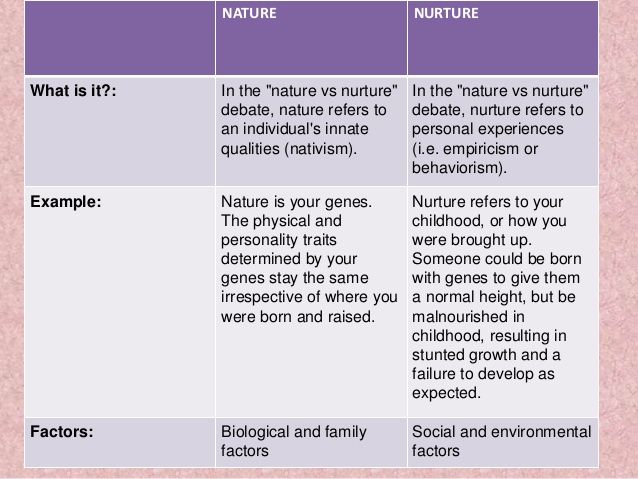 But at the same time, their own problems remain unresolved. nine0005
But at the same time, their own problems remain unresolved. nine0005
Sixth error - monetary
"More money - better education"
Parents' opinion:
We are too tight on funds, so we cannot even afford to pamper the child, we constantly have to refuse him everything, he wears old things, etc. In a word, if we had more money, we would be better parents.
Psychologists' opinion:
Love cannot be bought with money - it sounds rather banal, but it is true. It often happens that in families with low incomes, adults do everything so that the child does not need anything. But you should not feel remorse for not being able to fulfill all of his desires. In fact, love, affection, joint games and leisure time spent together are much more important for the baby than the contents of your wallet. And, if you look at it, it’s not money that makes a child happy, but the realization that he is the best for you. nine0005
nine0005
Seventh error - Napoleonic plans
"My child will play music (tennis, painting), I won't let him miss his chance"
Parents' opinion:
Many adults dreamed of doing ballet, learning to play the piano or playing tennis as children, but they never had the opportunity. And now the main goal of dads and moms is to give children the best education. It doesn’t matter if the kids don’t really want this, time will pass, and they will appreciate the efforts of adults. nine0005
Psychologists' opinion:
Unfortunately, children do not always appreciate the efforts of their parents. And often a brilliant future, drawn by adults in their imagination, is shattered by the complete unwillingness of the child to engage in, say, music. While the baby is still small and obeys adults, but then ... wanting to break out of the cage of parental love, he begins to express protest in the ways available to him - it can be drug use, or just a hobby for hard rock at night.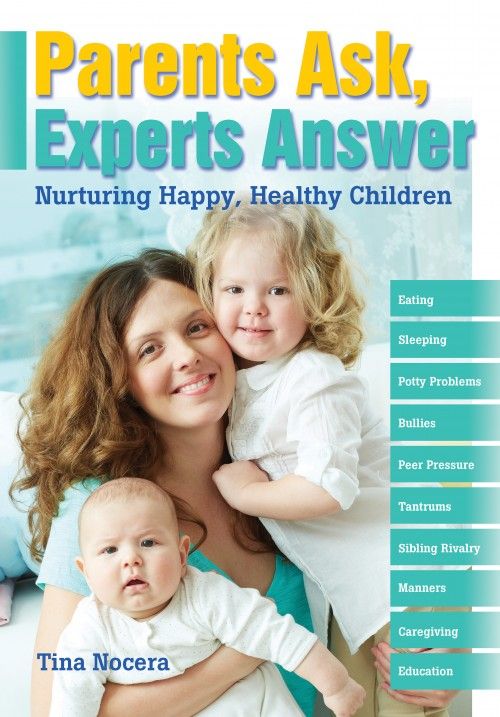 Therefore, filling the child's day with necessary and useful activities, do not forget to leave him some time for personal affairs. nine0005
Therefore, filling the child's day with necessary and useful activities, do not forget to leave him some time for personal affairs. nine0005
Eighth error - too little affection
"A kiss and other tenderness is not so important for a child"
Parents' opinion:
Caress your little sister? What nonsense! Kiss mom? Hang out with dad? Yes, there is no time for that. Many adults believe that caresses in childhood can lead to sexual orientation problems later on. In short, no hugs and kisses - there are more necessary and serious things. nine0005
Psychologists' opinion:
Children of all ages crave affection, it helps them feel loved and gives them self-confidence. But remember, the desire to caress should still, in most cases, come from the child himself. Don't actively force your love on your children - it can alienate them.
Error nine - your mood
"Is it possible or not? It depends on the mood"
Parents' opinion:
Troubles at work, bad relationships in the family, how often adults "let off steam" on a child.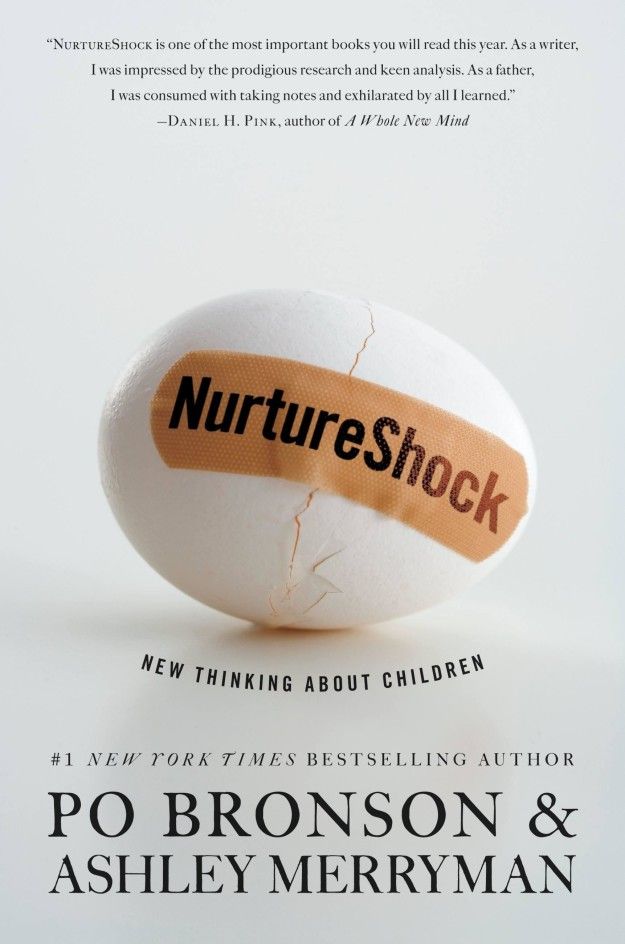 Many people believe that there is nothing to worry about. It is enough then to invite the baby and buy the long-promised toy, and everything will be in order.
Many people believe that there is nothing to worry about. It is enough then to invite the baby and buy the long-promised toy, and everything will be in order.
Psychologists' opinion:
Parents should show the kid that they are pleased with his good deeds and upset bad ones. This creates in children a consciousness of the steadfastness of life values. When adults, for the sake of their egoism and mood, allow something today, and prohibit it tomorrow, the child can understand only one thing: it doesn’t matter what I do, the main thing is what mood my mother has. However, if you feel that you can’t change yourself, it’s better to agree with the child in advance: “So, when I’m in a good mood, you will not be allowed to do whatever you want. And if it’s bad, try to be lenient with me.” nine0005
Tenth mistake - too little time to raise a child
"Unfortunately, I don't have time for you at all"
Parents' opinion:
Many adults are very busy at work, but they try to spend every free minute with their children: they take them to the garden and school, cook for them, wash, buy everything they need.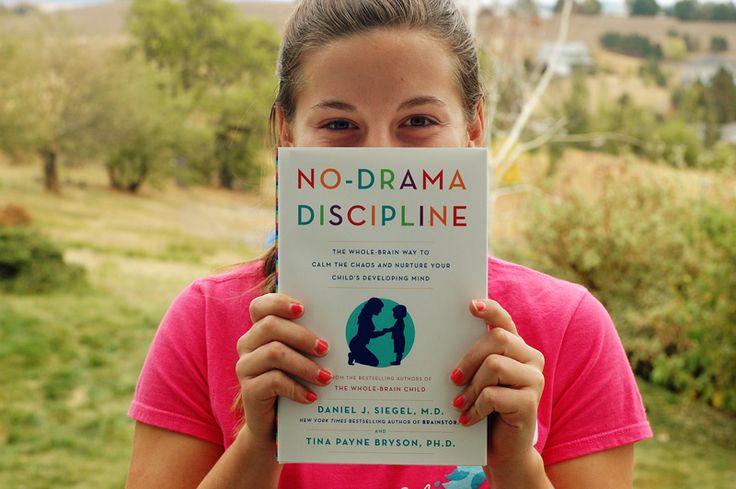 Children should themselves understand that parents simply do not have time to play and read with them. nine0005
Children should themselves understand that parents simply do not have time to play and read with them. nine0005
Psychologists' opinion:
Adults often forget a simple truth - if you have already given birth to a child, you need to find time for him. A kid who constantly hears that adults do not have time for him will look for kindred spirits among strangers. Even if your day is scheduled by the minute, find half an hour in the evening (quality is more important than quantity in this matter) to sit by the baby’s bed, talk to him, tell a story or read a book. The little one needs it. nine0005
How parents cripple their children
“The youth went wrong”, grumbles the older generation. Based on this message, it seems that, wherever you look, we are surrounded by effeminate men, “IT people” who are puppeted in their virtual world, emancipated hysterics and girls who only dream of how to marry a rich “daddy” as soon as possible. Not to mention alcoholics and drug addicts. Is the nation degenerating? Of course not. But the question of how to properly raise children is especially relevant today. Eyes run up from various "progressive" techniques. And parents go to extremes. Some allow almost everything to their children and then they are surprised that by the age of majority the child is not adapted to life at all. Others, on the contrary, make every effort to load it to the fullest, believing that the main task is to reveal the numerous talents of their offspring, without thinking about the fact that they are actually depriving him of his childhood. In both cases, the intentions of the parents are the best, but they "love" their children so much that they do not notice how they cripple them. Is there a golden mean? Today we will discuss this difficult issue with the psychotherapist Andrey Metelsky. nine0005
Not to mention alcoholics and drug addicts. Is the nation degenerating? Of course not. But the question of how to properly raise children is especially relevant today. Eyes run up from various "progressive" techniques. And parents go to extremes. Some allow almost everything to their children and then they are surprised that by the age of majority the child is not adapted to life at all. Others, on the contrary, make every effort to load it to the fullest, believing that the main task is to reveal the numerous talents of their offspring, without thinking about the fact that they are actually depriving him of his childhood. In both cases, the intentions of the parents are the best, but they "love" their children so much that they do not notice how they cripple them. Is there a golden mean? Today we will discuss this difficult issue with the psychotherapist Andrey Metelsky. nine0005
Who is this?
Andrey Metelsky has been solving the problems of fathers and children for more than a dozen years.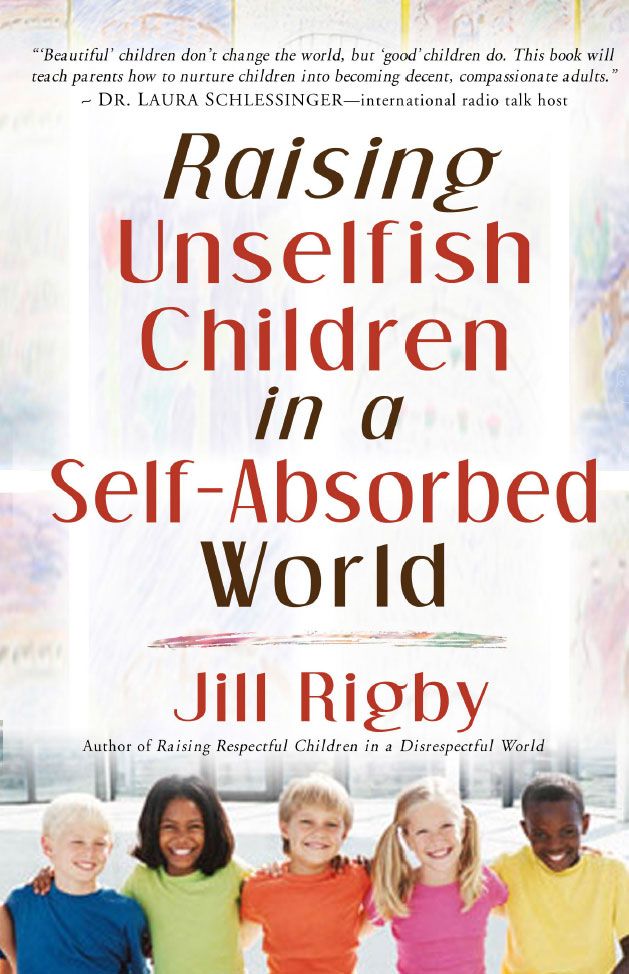 By education, he is a pediatrician, adolescent psychotherapist, sexologist, in addition to this, a Gestalt trainer, certified trainer of the INTC center, co-founder of the Institute of Modern NLP. Enumerate the regalia of our interlocutor can be long enough. But is it necessary? The conversation with Andrey from the very beginning turned out to be difficult, uncomfortable and a little intimidating. Try to try on his thoughts and experience for yourself. We are sure that they will make you look at your life in a completely different way. nine0005
By education, he is a pediatrician, adolescent psychotherapist, sexologist, in addition to this, a Gestalt trainer, certified trainer of the INTC center, co-founder of the Institute of Modern NLP. Enumerate the regalia of our interlocutor can be long enough. But is it necessary? The conversation with Andrey from the very beginning turned out to be difficult, uncomfortable and a little intimidating. Try to try on his thoughts and experience for yourself. We are sure that they will make you look at your life in a completely different way. nine0005
- Let's start with the main one. Do we really maim children with our love?
- In order to understand this complex topic, let's define the basic concepts. I'm afraid many parents will find it difficult to accept them, for sure it will be unpleasant. Parents don't like children. What is meant by the term "love for children" in everyday life and in psychology is attachment. Love is a kind of inner state that just exists, I can experience it, but it cannot be directed at anyone.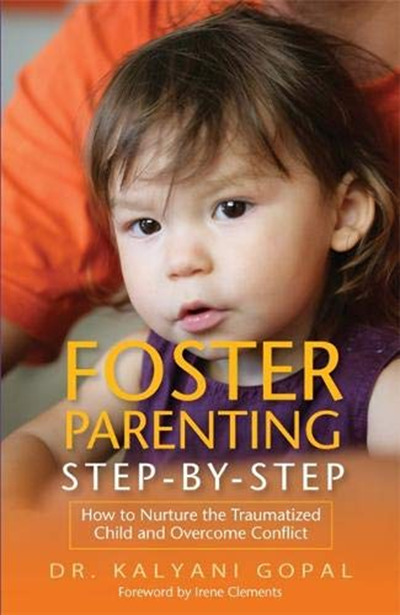 This means that love cannot be for someone or something. Therefore, what we experience throughout our lives in relation to our children is attachment, and it is akin to attachment to a bottle, a car, cigarettes, and so on. nine0005
This means that love cannot be for someone or something. Therefore, what we experience throughout our lives in relation to our children is attachment, and it is akin to attachment to a bottle, a car, cigarettes, and so on. nine0005
The parents do not love the child, the parents love themselves in the child. We all strive to ensure that our offspring become successful in those areas where we did not take place. What toys do we give the child? Most often those in which they themselves did not play in childhood. In the same way, we love ourselves in some car, hanging spoilers on it, doing tuning and showing off to friends: “Look, what a cool car I have!” In the same way we love a spouse - not this individual person, but ourselves in him: “Look what a long-legged blonde walks with me. It's not that she's so cool, but I'm cool because she chose me." Of course, I'm exaggerating, but…
In order to love a child, you must first learn to love yourself.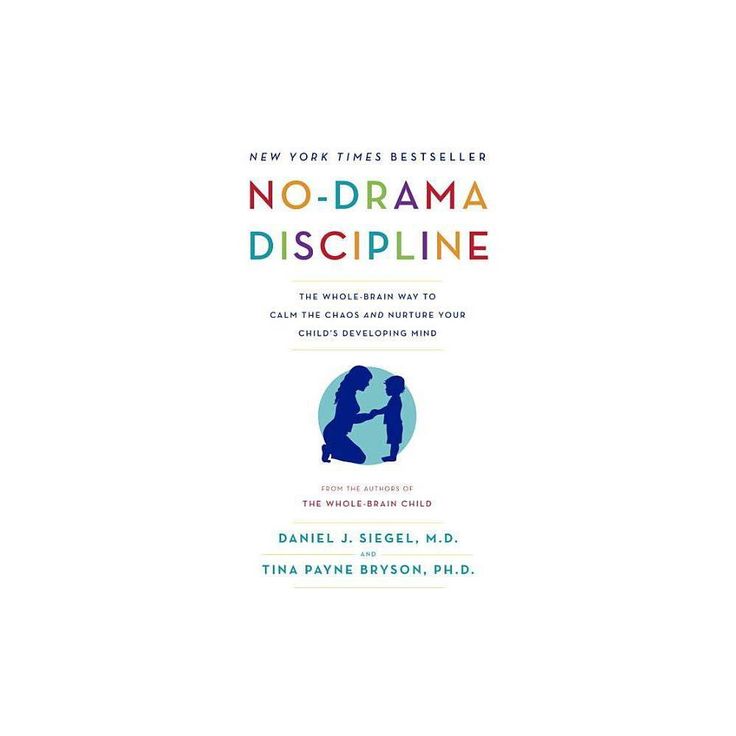 In part, this is a rather hackneyed phrase, but most people do not understand its depth. The trouble is that we all do not love ourselves, and here we get a paradox: how can you love someone in this case, because you simply do not have a behavior model! To love yourself is to be clearly aware of your needs and not replace them with surrogates and dependencies. For example, I now have a need for attention - and I will go to seek this attention, instead of smoking or drinking. If we begin to squander money, this means only one thing - that we subconsciously feel a lack of pride and are trying to compensate for it - again surrogately. If I love myself, by and large, I don’t need practically anything. This will be a statement that is very close to the truth. It was not in vain that the Buddha said: a person from birth has everything he needs. nine0005
In part, this is a rather hackneyed phrase, but most people do not understand its depth. The trouble is that we all do not love ourselves, and here we get a paradox: how can you love someone in this case, because you simply do not have a behavior model! To love yourself is to be clearly aware of your needs and not replace them with surrogates and dependencies. For example, I now have a need for attention - and I will go to seek this attention, instead of smoking or drinking. If we begin to squander money, this means only one thing - that we subconsciously feel a lack of pride and are trying to compensate for it - again surrogately. If I love myself, by and large, I don’t need practically anything. This will be a statement that is very close to the truth. It was not in vain that the Buddha said: a person from birth has everything he needs. nine0005
And here's another unpleasant fact for you: children are born because of a single motivation - the fear of death. If we were immortal, then most likely there would be no families or children.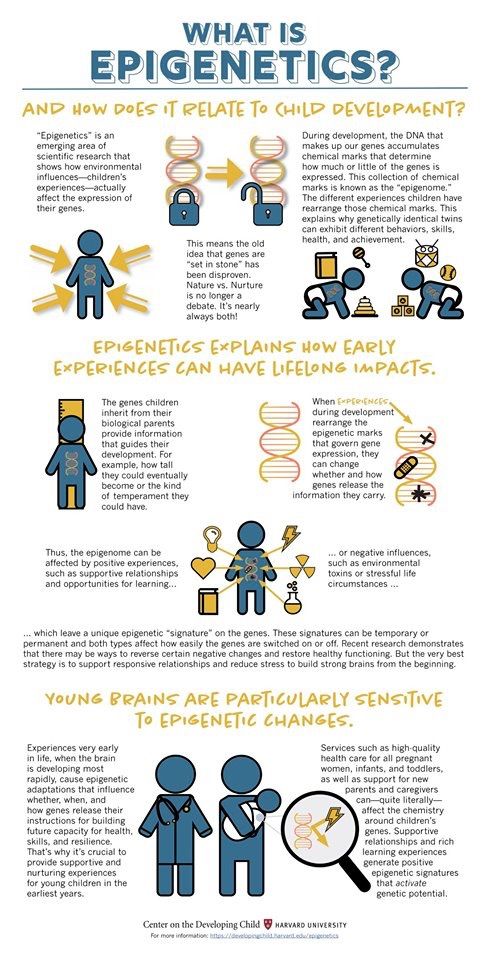 What for? After all, then there is no point in thinking about being remembered, there is no need to think about the “trace that you left”.
What for? After all, then there is no point in thinking about being remembered, there is no need to think about the “trace that you left”.
So we give birth to children in order to continue in them, to receive a substitute for immortality. That is why we begin to “love” our sons and daughters against their will: we give them to endless, completely unnecessary circles and sections, we torture them with total control. And it seems that we want them to be successful, but in fact it is not. Because, if you look at it impartially, we try to replace their unique life with our vision. We cannot admit to ourselves that a son or daughter is a completely separate person, and we desperately want to see in them an extension of our loved one. We are ready to cripple the child's entire future life, if only to prolong the existence of a particle of ourselves as a person on the planet at least a little. nine0005
— Somehow the topic we are discussing from the start has grown to a universal scale…
— Think about the scale using a simple example.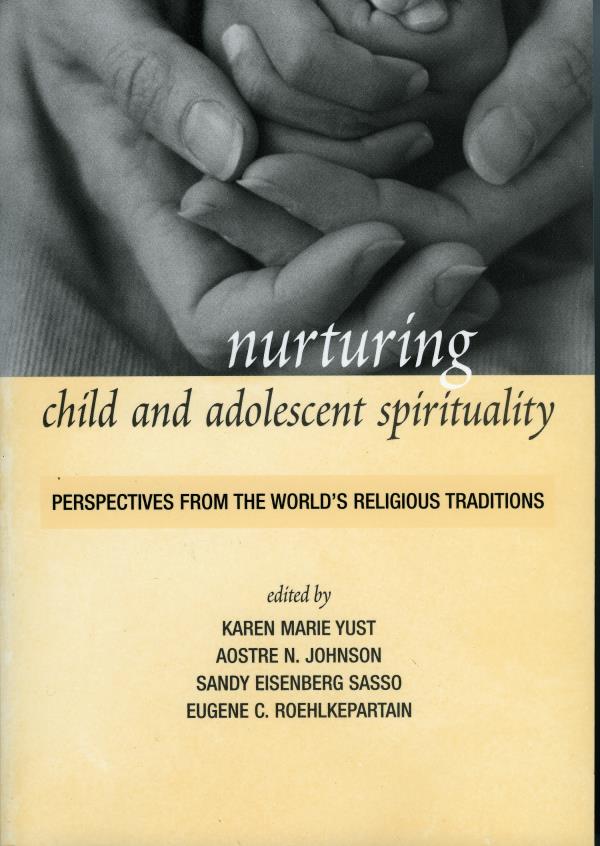 When you make any contact with a child, ask yourself the question: is what I am doing now so that he will be successful, or so that I will be calm or amuse my ego? By and large, this is the only question that parents should be asking when they are engaged in parenting. I think that 80-90 percent of us will find the strength to admit: first of all, we think about our own peace of mind. nine0005
When you make any contact with a child, ask yourself the question: is what I am doing now so that he will be successful, or so that I will be calm or amuse my ego? By and large, this is the only question that parents should be asking when they are engaged in parenting. I think that 80-90 percent of us will find the strength to admit: first of all, we think about our own peace of mind. nine0005
Let's start with the simplest things. When our three-four-year-old toddler climbs slides and swings in the yard, we constantly pull him up. Based on what? First of all, based on your own peace of mind. Yes, the child may fall and get hurt. But this is his life! How else will he get a basic and correct idea of the world without stuffing his bruises and bumps? Naturally, everything is fine within reasonable limits. Knowing from experience that some actions are guaranteed to lead to injury, we prevent them. If you respect the child, then there will not be many such prohibitions. nine0005
— What about the maternal instinct, the heart that aches for its child?
- What I'm talking about.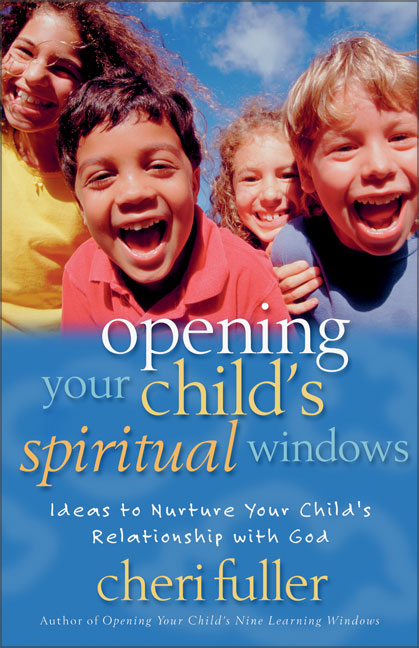 You are not thinking about your son, but about your sick heart. And while trying to replace the child's life. The classic metaphor of modern education is a shout into the sandbox: "Senya, go home!" - "Mom, am I cold?" - "No, you're hungry!" Our parents know better than a child what he needs. But it's not like that! Each child is born as a separate person, he has his own mission on this earth, his own destiny. We cannot know this mission, but at the same time we stubbornly “educate” the child. Rave! nine0005
You are not thinking about your son, but about your sick heart. And while trying to replace the child's life. The classic metaphor of modern education is a shout into the sandbox: "Senya, go home!" - "Mom, am I cold?" - "No, you're hungry!" Our parents know better than a child what he needs. But it's not like that! Each child is born as a separate person, he has his own mission on this earth, his own destiny. We cannot know this mission, but at the same time we stubbornly “educate” the child. Rave! nine0005
Love for a child implies respect. I respect whatever decision he makes. Yes, I can assume that this decision may not lead to very good consequences, and I will warn him about it.
— And let me choose?
- That's right here - the main mistake. To allow one to choose is again to dispose of property. I repeat: I respect his choice. Linguistically, everything is very accurately reflected.
- The child says: "I'm tired of school, I don't want to go there. .."
.."
- Don't go!
- Can you imagine the consequences?
— I had such teenagers. They consciously abandoned school, and I recommended that their parents not prevent them from doing so. Here is an example of a striking situation. The teenager studied in each class for two years, was a loser, fought, was completely uncontrollable. After our training, the mother came home and handed over responsibility for her life to him. That is, she said: do as you see fit. He left school the same day. A week later, he got a job, and a month later, of his own free will, he brought documents to an evening school. The guy made good money, eventually became an excellent student, and today he is a fairly well-known director in Moscow. He was given responsibility for his life, and he built it the way he wanted ...
— That is, parents think in vain that they can act as a “deterrent”?
— I have been working with families — parents and children — for many years.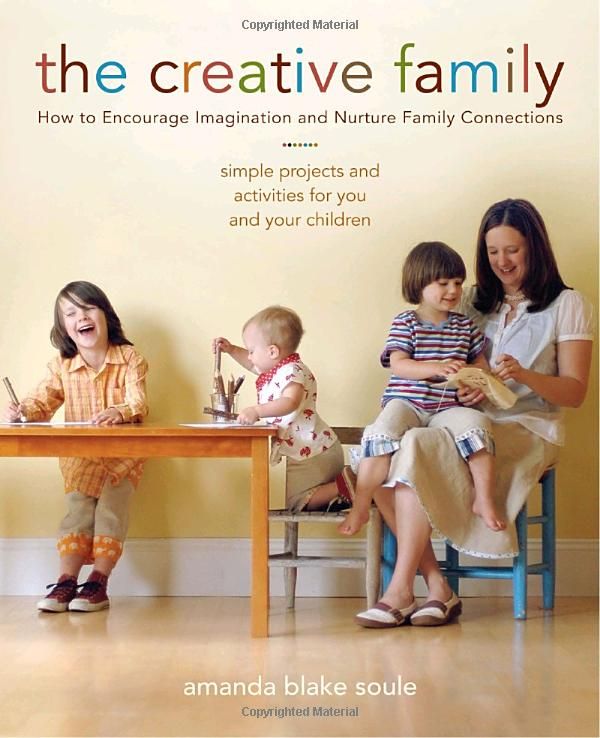 I can tell you: if a child is respected and understood that he should be given the right to his own development, he always grows up brilliant, creative, flexible. A smart parent should be very attentive, observe what the child wants. If my two-year-old son liked to sit in my arms and count the passing cars, I stood with him for 20-40 minutes, realizing that in the future it would benefit him. When my son went to first grade, he was already adding two-digit numbers in his mind. nine0005
I can tell you: if a child is respected and understood that he should be given the right to his own development, he always grows up brilliant, creative, flexible. A smart parent should be very attentive, observe what the child wants. If my two-year-old son liked to sit in my arms and count the passing cars, I stood with him for 20-40 minutes, realizing that in the future it would benefit him. When my son went to first grade, he was already adding two-digit numbers in his mind. nine0005
It bothers some parents that their child runs all day like a fool with a stick. Parents, this is great! Think back to your childhood! A found stick for a child is a whole world: a spear, a machine gun, an airplane steering wheel and much more. Why do we force a child who finds a stick on the street to immediately throw it away? Thanks to her, he builds the world, creates, develops imagination and intellect.
The world of child psychology is a very interesting thing in general. I will even tell you that ghosts or non-existent friends that a child communicates with are far from stupid. Why do we categorically declare that none of this exists? For a child there is, thanks to these "phantoms" he metaphorically develops, learns, gets rid of some of his fears. Even I, as a psychotherapist, do not always know what problem the child’s brain is currently solving, inventing some kind of allies for itself. nine0005
Why do we categorically declare that none of this exists? For a child there is, thanks to these "phantoms" he metaphorically develops, learns, gets rid of some of his fears. Even I, as a psychotherapist, do not always know what problem the child’s brain is currently solving, inventing some kind of allies for itself. nine0005
— Will the respect for choice sooner or later grow into permissiveness?
- In psychology, there are concepts of internal and external reference - these are the polarities that we build in our value system, and the value system that influences us from the outside. The child must be taught internal reference. Having collected information outside, he must be able to make a decision on his own. He can learn this only in practice, feeling freedom. Here is an example for you on the fingers, again from my personal life. I give my son pocket money. We went to a cake shop. I see that the child is pleased not only to eat sweets, but also independently calculate the required amount, get it out of the wallet.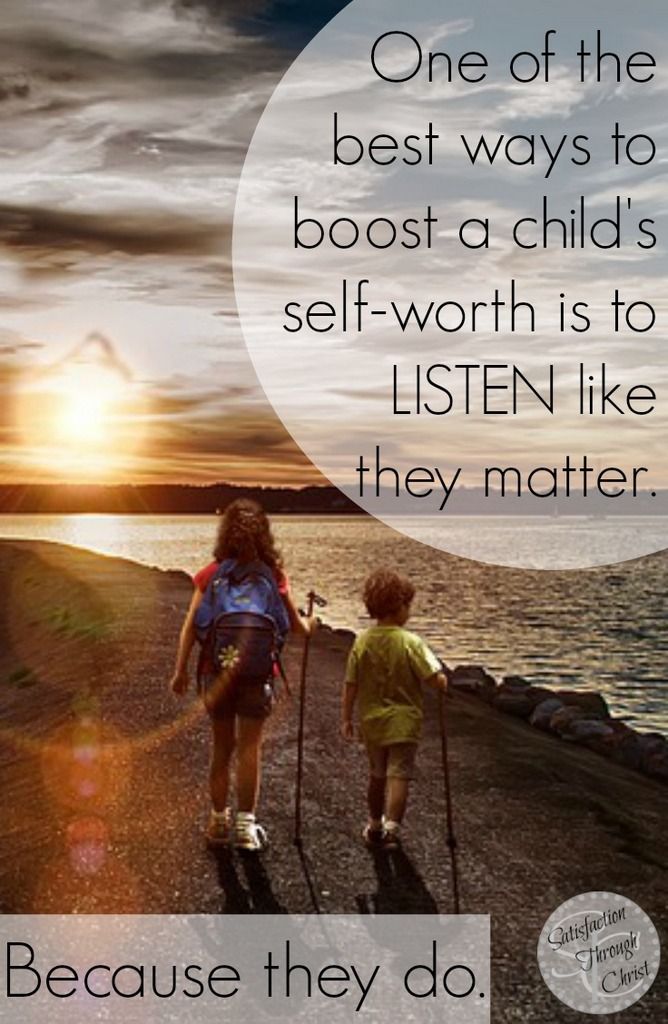 And so the saleswoman says to her son: "Look, baby, this is the most delicious cake, with cottage cheese!" The son looks up at her and says: "Thank you, but I can actually read." At that moment I realized that I was doing everything right, that he had an internal reference. Even if he is offered drugs, it is unlikely that it will work: he has learned to make decisions himself.
And so the saleswoman says to her son: "Look, baby, this is the most delicious cake, with cottage cheese!" The son looks up at her and says: "Thank you, but I can actually read." At that moment I realized that I was doing everything right, that he had an internal reference. Even if he is offered drugs, it is unlikely that it will work: he has learned to make decisions himself.
Internal reference gives a lot, sometimes completely non-obvious things. For example, it allows you to stay healthy: we simply will not fall for the "advertising" of the flu. When I worked as a pediatrician, I noticed an interesting trend: a flu epidemic begins a week after anti-flu drugs were advertised in newspapers and the subway. People without an internal reference, reading the symptoms, are already ready for them, tune in to them. And then the disease appeared! nine0005
Inner freedom, of course, implies certain limits. Remember the basic rule of life that the hippies preached in the seventies of the last century? "Do what you like without disturbing others.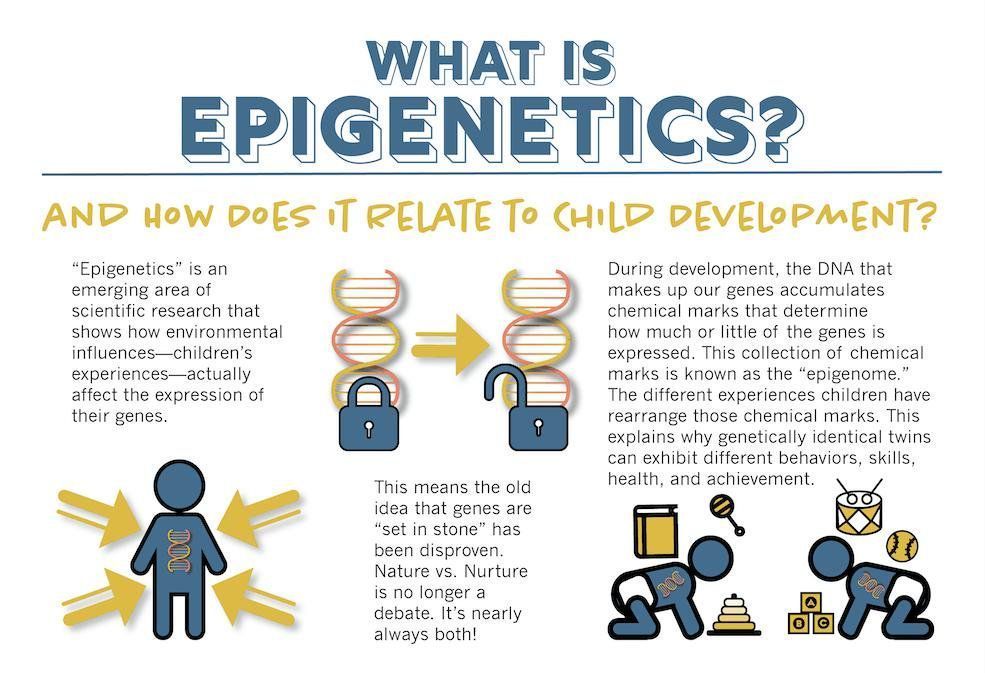 " In my opinion, a very good idea. The child should be explained that his freedom ends where the freedom of another person begins.
" In my opinion, a very good idea. The child should be explained that his freedom ends where the freedom of another person begins.
— The Tibetan model of raising a child is now very fashionable, which says that until the age of five one should treat him like a king, from five to ten - like a slave, and after ten - like an equal. The time frame may vary, but the general idea is clear. What do you think about it? nine0004
- Here it is worth understanding that in some issues the child simply does not have a base on which to make decisions. So it's worth asking the question: before allowing everything, did you discuss what is right and what is wrong? Have you played situations, told about the consequences of this or that act? Without this base, inner freedom somehow grows into permissiveness.
This is really a big problem. Parents often talk about communication problems with their children, while they do not talk to them themselves! My position in this regard is clear: you need to talk with a child on an equal footing, not lisping, from the first minutes of life. And don't tell me that lisping is a sign of tenderness. Do you know how children understand that they are loved? The only way is through the eyes. And now a question for parents: how often do you communicate with children, looking into their eyes with love? Most of the communication looks like this: the child mumbles something, and we answer him over his shoulder. At the same time, we are physically at different levels: we are higher, the child is lower. What kind of equality and mutual understanding can we talk about? Why are you surprised that in the end the child stops hearing you? nine0005
And don't tell me that lisping is a sign of tenderness. Do you know how children understand that they are loved? The only way is through the eyes. And now a question for parents: how often do you communicate with children, looking into their eyes with love? Most of the communication looks like this: the child mumbles something, and we answer him over his shoulder. At the same time, we are physically at different levels: we are higher, the child is lower. What kind of equality and mutual understanding can we talk about? Why are you surprised that in the end the child stops hearing you? nine0005
Let's move on. Let's think about it: when do most parents make eye contact with their child? That's right - when they scold. Like, you did something, now look into my eyes. The most important channel of communication turns into a tool of suppression. It is logical that after that at my reception, on the street - yes, everywhere I see people who try not to meet your eyes. It comes from childhood! The channel is blocked, moreover, a negative anchor has been created: “If they look me in the eye, then they will expose me now. ” nine0078
” nine0078
If you scold a child, turn away. No wonder they put it in a corner before.
Now for some practical advice. How is the basis for a child's decision made? He asks a question, you lower yourself to the level of his eyes (or sit him on the table) and conduct an equal dialogue.
When I worked as a psychotherapist in a dispensary, children who stutter were often brought to me. In 80% of cases, I could help with virtually the same simple advice. As soon as the child turned to you, drop everything and listen to him carefully: there is nothing else in the world for you at this moment! nine0005
Stuttering is most often not a fear, as grandmothers who need to earn money say, but a child's dissatisfaction in communication. He wants to convey a thought to his parents, ask a question, but they do not hear him. Or they listen, but only the beginning of the monologue (which happens even more often). And now the child, trying to have time to speak out, speaks faster and faster, but his speech apparatus is not yet fully formed.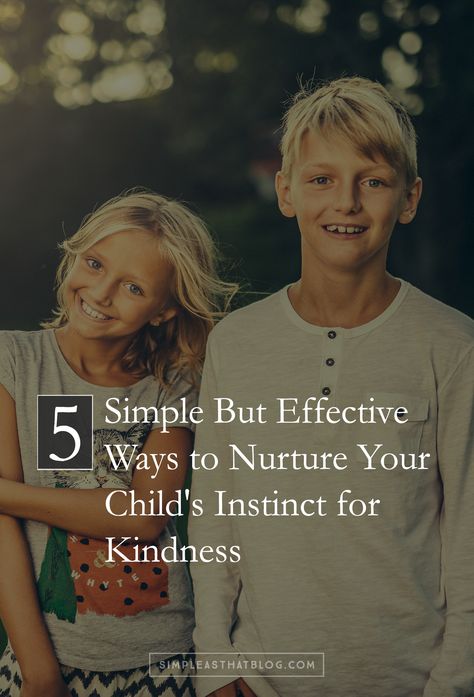 Here he begins to stutter. And then it went in circles like a snowball. The child stutters, speaks more slowly, parents listen to him even less, and so on. nine0005
Here he begins to stutter. And then it went in circles like a snowball. The child stutters, speaks more slowly, parents listen to him even less, and so on. nine0005
So in most cases, parents who had the wisdom and patience to fulfill this simple condition removed stuttering in a maximum of a month.
Children are not nonsense, they are wise, and I highly recommend listening to them carefully. What kind of love for a child can we talk about if we do not respect his opinion, his thoughts, his world. Let it seem to us that everything a child asks about is a banality, remember that for him the world is a series of discoveries. Do not prioritize "teaching", concentrate your energies on "listening". nine0005
— What signs in a child's behavior should cause parents to worry?
- Any. It frightens me that in this enlightened age, many parents believe that nervous tics, enuresis, and stuttering are illnesses that have nothing to do with the psychological health of the child. I am sure that any illness of a child is a reason to ask questions: “What am I doing wrong? What happens in our relationship? The vast majority of children are very healthy and strong beings who "go into illness" primarily because of psychological problems. nine0005
I am sure that any illness of a child is a reason to ask questions: “What am I doing wrong? What happens in our relationship? The vast majority of children are very healthy and strong beings who "go into illness" primarily because of psychological problems. nine0005
Of course, any behavioral things that go beyond the rules recognized in society are also considered alarming symptoms. In short, if you just don’t like something in a child, it’s already worth going to a psychotherapist or psychologist and sorting out the situation.
— By and large, it turns out that it is time for almost all parents to go to specialists?
Yes. And all because there is no institution of proper education in the country, we are not taught how to be parents. Therefore, all the “jambs” that were in the relationship with our parents, we project onto our children, adding our own as well. Moreover, in the overwhelming majority of cases, it is the parents, not the children, who should work with the psychiatrist. Over the many years of my work in a children's and adolescent psychiatric dispensary, I rarely came across cases when it was really necessary to work purposefully with a child. Most often, it was enough to correct the behavior of the parents. A child is a light bulb, an indicator that something is wrong in the family. There is no point in treating him until the conditions in the family have changed. Otherwise, it will turn out like with the very text that I typed on the computer, printed out and found errors. Instead of correcting these errors, I continue to output more and more new copies to the printer with the stubbornness of a maniac in the hope that this will correct the situation ...
Over the many years of my work in a children's and adolescent psychiatric dispensary, I rarely came across cases when it was really necessary to work purposefully with a child. Most often, it was enough to correct the behavior of the parents. A child is a light bulb, an indicator that something is wrong in the family. There is no point in treating him until the conditions in the family have changed. Otherwise, it will turn out like with the very text that I typed on the computer, printed out and found errors. Instead of correcting these errors, I continue to output more and more new copies to the printer with the stubbornness of a maniac in the hope that this will correct the situation ...
— Can a parent look at his actions impartially and correct something on his own?
- Of course not. The system cannot change itself, it is changed only by going beyond. The ideal solution is to work with a specialist. Alternatively, seek advice from a trustworthy person who is successful with their children.
— How much do kindergarten and school help in raising children?
- They don't help at all. We, parents, educators and teachers, have long been confused and forgot two simple things. School and kindergarten - teach, family - educates. These two spheres must never intersect. And personally, I am sure that the school has no right to raise your child, and you should not do his homework. When they explained to me at a parent meeting how to fill in this or that notebook, I was surprised: “Why are you telling me all this? Discuss with your son: he is a student.” nine0078 I withdrew from the learning process, and, as practice has shown, this is very useful. The teachers were initially shocked by this position, but very soon they realized that I was adamant, and we find a common language.
I am not saying that I am completely indifferent to what is going on in the child's school. If he asks me for help with his homework, I will do my best. But only in this case. I don't check diaries, at one time I explained to the elder how to forge my signature, and I didn't know the trouble. Not that I taught the child to lie, I just explained to him that in the modern world there are conventions that we are forced to comply with. No matter how idiotic they are. nine0005
But only in this case. I don't check diaries, at one time I explained to the elder how to forge my signature, and I didn't know the trouble. Not that I taught the child to lie, I just explained to him that in the modern world there are conventions that we are forced to comply with. No matter how idiotic they are. nine0005
By the way, I generally think that if you go to parent-teacher meetings, then definitely with the child. This is his study, his life, his problems. How can you discuss them without the one for whom it matters most?
School and kindergarten, in addition to education, partly perform only one more function - the socialization of the child. It gives models of how to interact with other people, with society, with authorities. Those models that are sometimes built in our educational institutions, I do not consider healthy and normal. Therefore, compromises with the school should be as formal as possible. nine0005
- Parents are very afraid that their child will get into bad company, as a result - crime and drugs. Are there practical tips to reduce the risks?
Are there practical tips to reduce the risks?
- If such questions arise, then you have already crushed your child, completely suppressed his personality. Remember what we talked about: if you bring up an internal reference in your child, then in any company he will be a leader, and there should be no fear that someone will influence him at all. nine0005
If there is no internal reference, the only thing I can offer is training with professionals. You need to learn how to transfer responsibility for his life to the child, then, in my experience, everything is normal: the son or daughter will begin to think about the consequences, in which case they, as a rule, leave bad companies.
And remember that drugs appear in a child's life when there is no mutual respect in the family and there is an attempt of total control by the parents. After all, those who sell drugs purposefully look for such troubled teenagers and offer them “freedom”. How are they drawn into a drug addict company and into sects? A person is told: "Here you will be accepted as you are.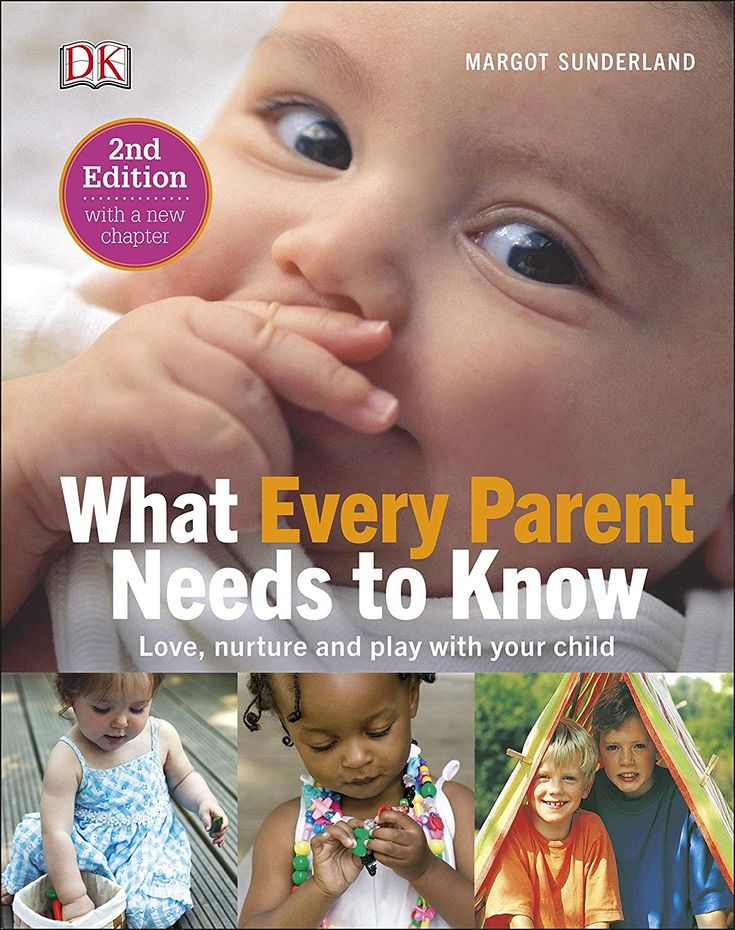 " Can you imagine how creepy that sounds to parents? That is, they do not perceive their child like that? It turns out that it is.
" Can you imagine how creepy that sounds to parents? That is, they do not perceive their child like that? It turns out that it is.
For someone it will be news that after five years the child is formed and we can influence his character very indirectly. What to do? First, it is completely useless to feel guilty about missed opportunities. Take the situation philosophically, I would even say karmically: everything that you could do, you did. Now let your children take responsibility for their own lives. Do it in stages if you're scared right away. That is, if you transferred the responsibility for washing dishes, cups and mugs to your son or daughter, you no longer wash. If you have transferred responsibility for cleaning the room, then you never again look into it in order to check for the presence of a mess and never remind you of cleaning. nine0005
At first, the room will be a mess, believe me. At first, you will be tested: how sincerely did you transfer responsibility? And when the understanding that everything is serious comes (it usually takes from two weeks to two months), the child will decide how to live on.